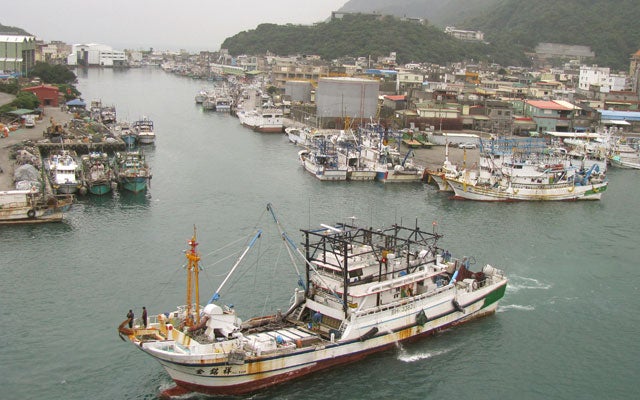Turning Down the Heat: Japan and Taiwan Reach Senkakus Accord
Dean Cheng /
The Japanese press today announced that Tokyo and Taipei had reached an accord on fishing rights around the disputed Senkaku Islands. This marks a significant step forward in reducing tensions around the uninhabited islands, while also posing a challenge to the People’s Republic of China (PRC), and its position.
According to news reports, the two sides agreed to compromise on fishing in an area that is claimed by both Japan and Taiwan. Taiwan agreed not to fish within the territorial waters of the islands (12 nautical miles, under international law), but could operate in the rich fishing grounds outside those waters. In addition, Taipei and Tokyo agreed to establish a joint control committee that would regulate the size of each side’s fishing fleet.
This agreement marks an important step toward reducing tensions between at least two of the players. It is also a politically astute move by both Japanese Prime Minister Shinzo Abe and Taiwanese’s pPresident Ma Ying-jeou.
For Prime Minister Abe, the move demonstrates that Japan is willing to compromise, and also undercuts at least some of the accusations that he is simply a nationalist. For President Ma, the agreement is consistent with his “East China Sea Peace Initiative,” which argues for refraining from antagonistic actions and shelving controversies, in favor of cooperative exploration and resource development.
The biggest loser from this agreement may be China. Beijing has long claimed that the Senkakus are part of the territory of Taiwan, which Beijing in turn claims sovereignty over. If the authorities in Taipei are able to reach a compromise with Japan, Beijing’s continued assertiveness on the issue will lose its fig-leaf of speaking for “all Chinese.” Not surprisingly, Chinese fForeign mMinistry officials expressed concern over any possible agreement.
From Beijing’s perspective, the agreement raises the specter of a two-China policy, where Japan, and perhaps other states, might treat Taiwan as a full member of the international community. This is something that Beijing has made clear it will not abide. Yet, ironically, Chinese rejection of this agreement might exacerbate this situation. President Ma has generally pursued a conciliatory policy in cross-Straits relations, avoiding talk about independence and promoting economic ties, most notably through the Economic Cooperation Framework Agreement (ECFA). If the PRC were now to crack down on Taiwan, it would raise real questions about the viability of Ma’s policies—and might well open the door to more pro-independence elements.
Similarly, single-minded pursuit by the PRC of a more assertive policy would also cast Japan in the role of the reasonable state, willing to pursue a more conciliatory line. Ironically, both Japan and Taiwan have hewed to a line propounded by Deng Xiaoping, who had advocated “set aside dispute and pursue joint development,” with specific reference to the Senkakus.
It is reassuring that two of the parties to the Senkaku dispute have been willing to reach a compromise solution. It remains to be seen whether Beijing is more interested in establishing a regional precedent for cooperative compromise, or whether it is more intent upon pursuing a confrontational stance.

